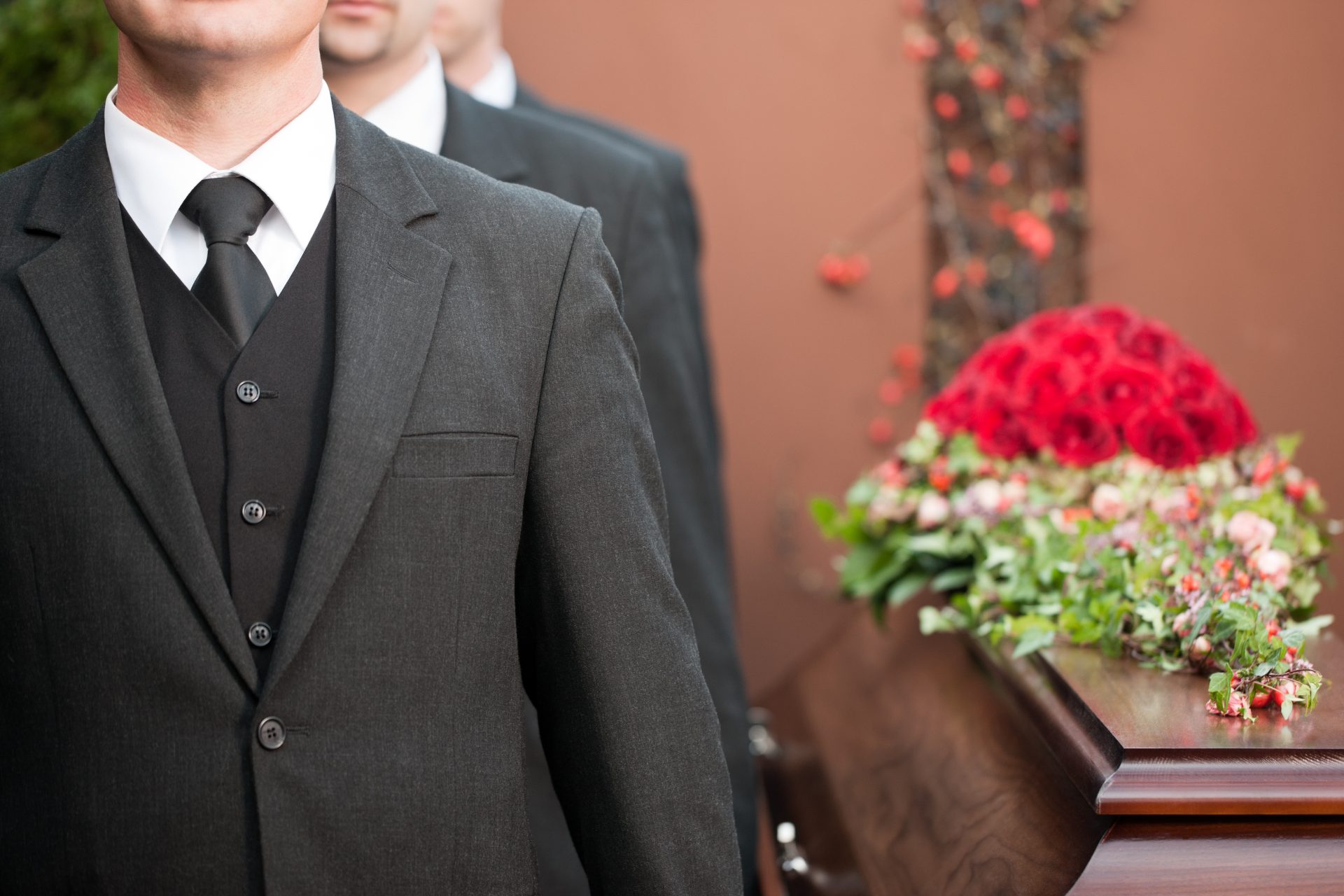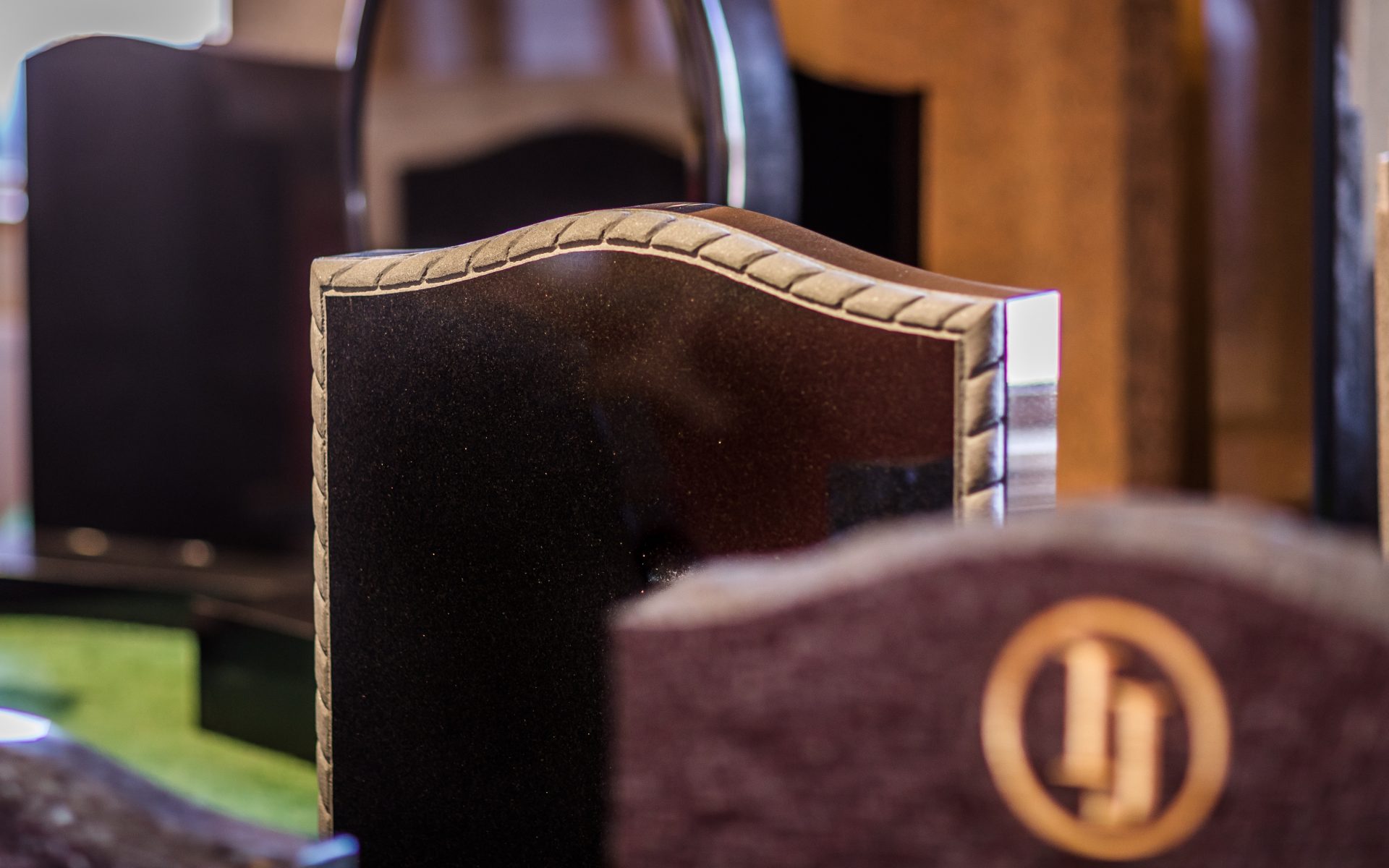When Someone Dies
Facing the Future
From your first phone call to us you can be assured that we will be by your side every step of the way.
We will begin by asking some details including the name, age and location of the deceased. We will also ask for the details of the next of kin, or the person in charge of making the funeral arrangements.
We will then arrange to meet you in your own home or at our private office here at Culduthel Road. We will go through all the options available to you and take time to explain them so you can make the right choices for both you and your loved one. Decisions need not be made right away as this won’t be the only meeting we have with you. It is important to note that there is no ‘right way’ to do things, as each funeral is as individual as the person who passed away.
It is important to have a think about whether the funeral will be a burial or a cremation, where you would like the funeral service to take place and if it will be a religious or non-religious service.
We are able to contact all necessary organisations on your behalf and arrange all documentation, taking away some of the burden during your most difficult hours.
We have gathered together some important information that can be found below:
Guidance
If the death was expected, a doctor should be contacted as soon as possible. This will be your loved one’s GP, or if the death occurs outwith surgery opening times, the out of hours doctor should be contacted via NHS 24 on 111. In some circumstances district nurses can also verify the death. Once the death has been confirmed by a medical professional, we are then able to bring your loved one into our care, no matter what time of day or night.
Once we are informed of the death, either by you or the place of death, we will then take care of all practical matters. For a death in a hospital, we will liaise directly with the bereavement officer for collection of the death certificate (Form 11) on your behalf. For a death in a hospice, the duty doctor may issue you directly with the death certificate, or again we can get this on your behalf. For a death in a care home or nursing home, the GP will issue the death certificate, which we can arrange to collect directly from the practice.
In these circumstances the death will be referred to the Procurator Fiscal for further investigation. In certain cases the Procurator Fiscal will instruct a post mortem examination to be carried out in order to establish the cause of death. Once the Procurator Fiscal is satisfied with the cause of death, the death certificate can then be issued. The death certificate will be issued by the original doctor who referred the death, or by the pathologist at the hospital if there was a post mortem examination carried out.
More information can be found by clicking here.
Registering a Death
All deaths must be registered within eight days of the date of death.
A funeral cannot take place until the death has been registered.
A death can be registered at any Registration Office in Scotland.
Please find details below for the local registration office in Inverness. A list of all registration offices in Scotland can be found here.
Inverness Registrar Office
The Highland Archive Centre
Bught Road
Inverness
IV3 5SS
Phone: 01349 781131
Registration by appointment only. During the COVID-19 restrictions, Registration is not done face to face, but by telephone.
A useful form detailing the information required at the time of registration is available here.
Who can register?
- Any relative of the deceased
- Any person present at the death
- The deceased’s executor or other legal representative
- The occupier at the time of death of the premises where the death took place, for example, nursing home manager
- If there is no one as above, anyone who knows the details of the person, for example, a neighbour
Documents to give the registrar
- The medical certificate of cause of death (Form 11) given to you by the doctor or medical staff (currently being emailed direct to registrar by doctors due to COVID-19)
- The deceased’s birth certificate (if available)
- The deceased’s marriage or civil partnership certificate (if available)
- The deceased’s medical card (if this is not available, you can get the NHS number from the person’s medical practice)
Documents the registrar will give you once completed
- Certificate of registration of death (Form 14) to be given to us
- Form BD8 to tell the Department for Work and Pensions about the death
- An abbreviated certificate (extract) which is free
- Full certificates can be purchased at the time or later.
Tell Us Once
This is a service used to notify government departments including Department for Work and Pensions and different services in the council. To use the service please also bring along these documents, if you have them:
- National Insurance Number
- Passport
- Driving licence
- Blue Badge
Further information on what to do after a death in Scotland is available from the Scottish Government by clicking here.




